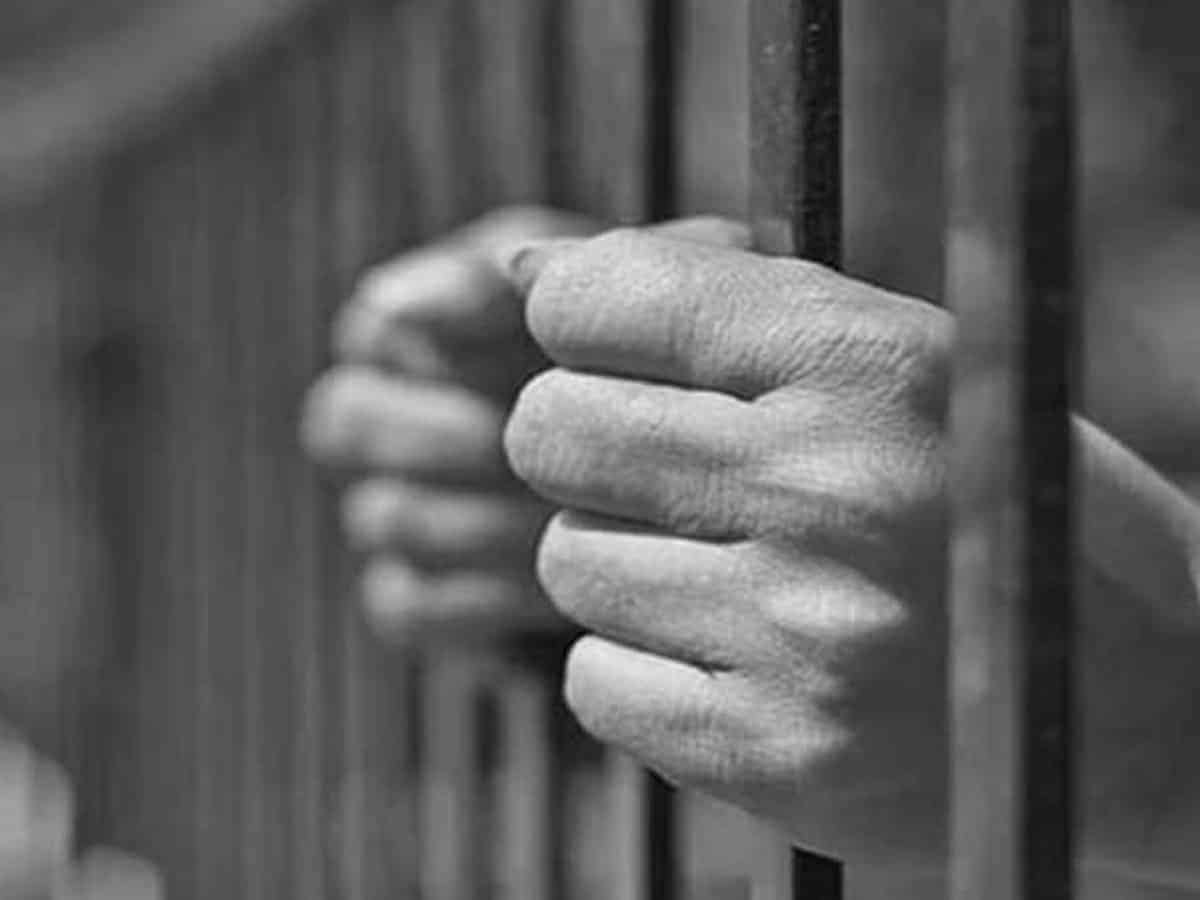
The Indian government has disclosed that 49 Indian nationals are currently facing the death sentence in eight different countries, including Saudi Arabia and the United Arab Emirates (UAE).
The information was shared in the Rajya Sabha on Thursday. It was also revealed that a total of 10,152 Indians including undertrials are imprisoned in foreign jails.
Majority of Indian death row cases in Saudi Arabia, UAE
According to minister of state for external affairs Kirti Vardhan Singh, the highest number of Indians sentenced to death is in the UAE. In the country, 25 Indians are on death row. However, their sentences have not yet been carried out.
The minister provided the information in response to a parliamentary query regarding the number of Indians imprisoned abroad.
The data presented highlights the following distribution of Indian death row inmates:
- UAE: 25 Indians
- Saudi Arabia:11 Indians
- Malaysia: 6 Indians
- Kuwait: 3 Indians
- Indonesia, Qatar, the US, and Yemen: 1 Indian each
Government’s efforts
“The government attaches high priority to the safety, security, and well-being of Indian nationals in foreign countries, including those in foreign jails. Indian Missions/Posts abroad remain vigilant and closely monitor the incidents of Indian nationals being put in jail in foreign countries for violations/alleged violations of local laws. As soon as the information about the detention/arrest of an Indian national is received by an Indian Mission/Post, it immediately gets in touch with the local Foreign Office and other concerned local authorities to get consular access to the detained/arrested Indian national to ascertain the facts of the case, confirm his/her Indian nationality, and ensure his/her welfare,” the minister informed.
“Indian Missions/Posts abroad provide all possible assistance to Indian nationals who have been sentenced, including those with death sentences by foreign courts. Indian Missions/Posts also provide consular access by visiting the jails and following up on their cases with courts, jails, public prosecutors, and other concerned agencies. The jailed Indian nationals are also assisted in exploring various legal remedies, including filing an appeal, mercy petition, etc.,” Singh noted in his reply.
“In addition, the government, through its Missions/Posts abroad and during high-level visits, also takes up and pursues grants of amnesty/commutation of sentences of Indian prisoners in foreign countries. India has also entered into prisoner transfer treaties with many nations that allow a person convicted of a crime to be transferred to his/her home country to serve the prison sentence,” the minister detailed in his response.
The Indian Community Welfare Fund (ICWF) has also been set up in Indian Missions and Posts abroad for assisting overseas Indian nationals in distress situations on a means-tested basis in deserving cases. The support extended under ICWF includes financial assistance to Indian prisoners for legal aid as well as travel documents/air tickets during repatriation.



